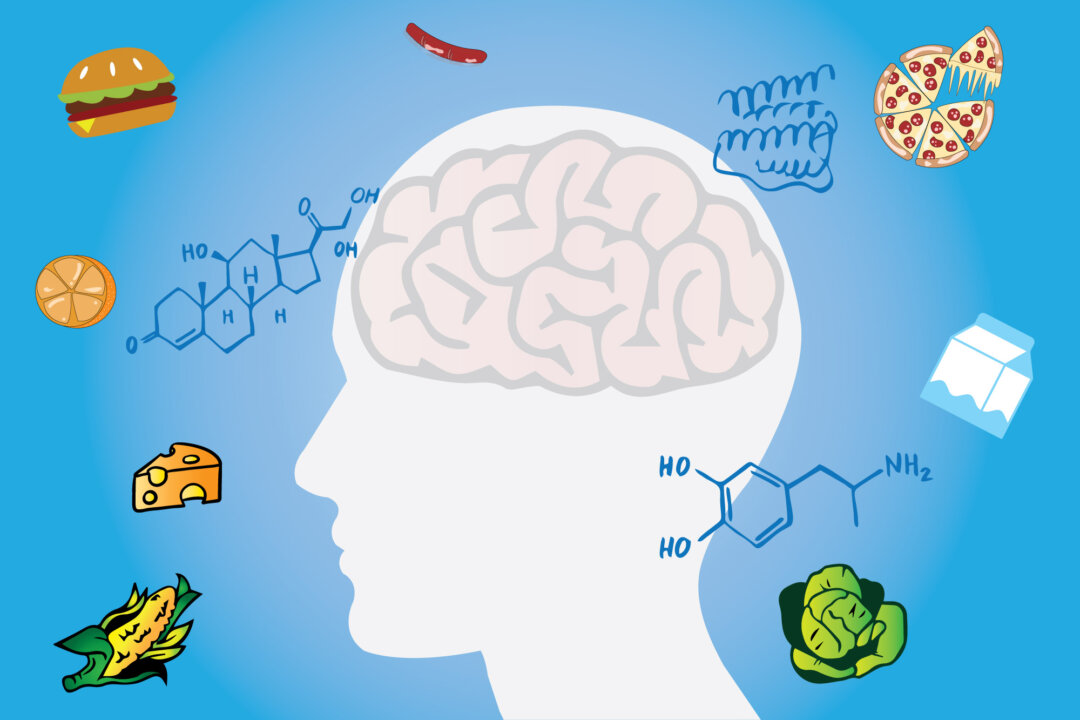
“I’m eating fewer calories and exercising more, but I still can’t lose weight.” As a nutritionist, I hear this frustrated complaint so often. If you’ve struggled with weight loss despite carefully counting calories, you’re not alone—and more importantly, you’re not failing.
The real story of weight management is far more complex than simple arithmetic. Fat contains 9 calories per gram and is crucial for hormone production and cell membranes, promoting fullness and providing slow-burning energy. Protein provides 4 calories per gram, supporting tissue growth and DNA repair.
Carbohydrates also contain 4 calories per gram and serve as a source of fast-burning energy. However, the body’s hormone response when eating fat or carbohydrates is entirely different. There is a complex interplay of key hormones that regulate appetite and metabolism, depending on what type of macronutrient is eaten.
Hormone fluctuations can lead to weight gain or difficulty losing weight, even if calorie intake is reduced. For example, the average person’s insulin response will rise the most in the short term from eating refined carbohydrates, with a moderate response to protein and a minimal response to fat. While individual metabolic differences can influence your body’s insulin response, the amount of fiber in carbohydrates can slow the digestion of your food, slowing your insulin response.
Other hormones, such as ghrelin and leptin, signal the brain for hunger and satiety. Nutrient-dense foods affect hormones and signal your brain to indicate satiety: “That’s enough—stop eating; I’m satisfied.” Conversely, less-nutrient-dense foods do not trigger this message, leading to the feeling of being “still hungry” and prompting continued eating.
Your ability to feel full and have lasting energy from a meal also depends on what type of carbohydrates you eat: simple sugar, starch, or fiber. Vegetables do not convert to fat, and they benefit liver function by aiding in the detoxification of excess hormones. They also provide the necessary nutrients to convert the proteins and fats you eat into rebuilding cells and all body tissues.
The other macronutrients are vital, too. Every single cell in your body requires protein, and essential fats comprise structures such as your brain, hormones, nerves, and skin. Insulin Cortisol Dopamine Ghrelin Leptin When functioning correctly, it acts as nature’s appetite suppressant.
However, just like insulin, receptors for this hormone may also become resistant, diminishing signals of fullness. Leptin resistance has several causes and is an area of growing research related to obesity. The struggle to eat healthier or to reduce unhealthy food intake often does not stem from a lack of willpower.
Hormones, gut health, and genetics interconnect to play significant roles. Your cells need specific nutrients, not just any old calories. Highly processed foods stimulate brain chemicals (hormones) that make it difficult to stop eating.
This is why lasting weight-loss results come easier when our environment supports our behaviors—like avoiding those addictive munchies. Examining a weight-loss approach from a mind-body perspective reveals longer-lasting benefits. Hormone-Healthy Food Principles Nutrient-rich foods help switch off cravings, signal satiety, and regulate stress hormones, enabling clear thinking and better health choices.
Healthy Mindset Adopt daily positive behaviors: If you experience setbacks, resume your efforts with kind thoughts. Prioritize sleep: Get quality rest to better regulate hunger hormones. Stay calm when eating: Focus on the present and avoid distractions, especially when cravings start.
Turn down stress hormones: If it isn’t the right time to eat, wait before indulging. Avoid the extremes of an all-or-nothing mindset. Small, consistent changes can lead to significant improvements in managing cravings and maintaining a healthy lifestyle.
.














